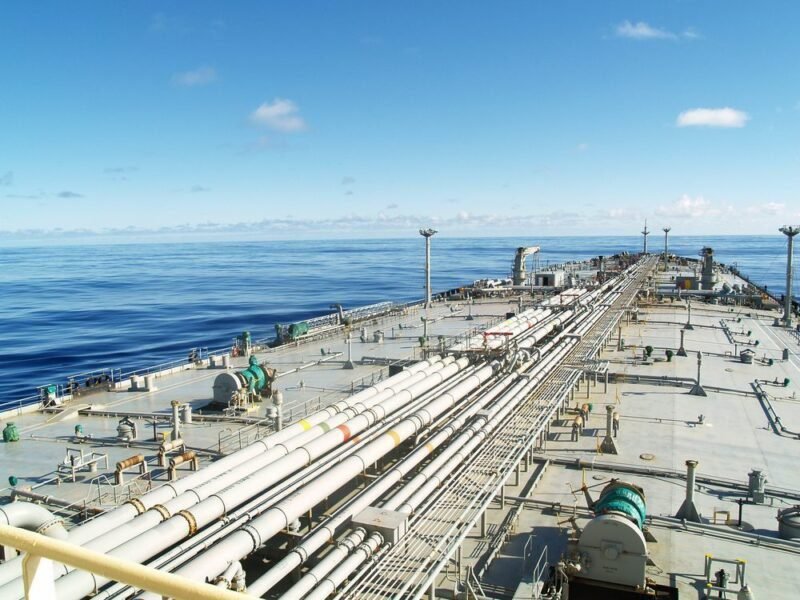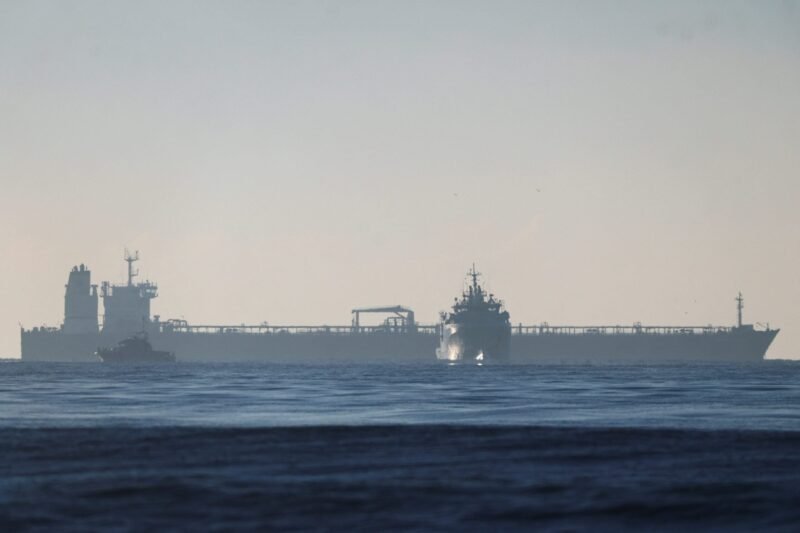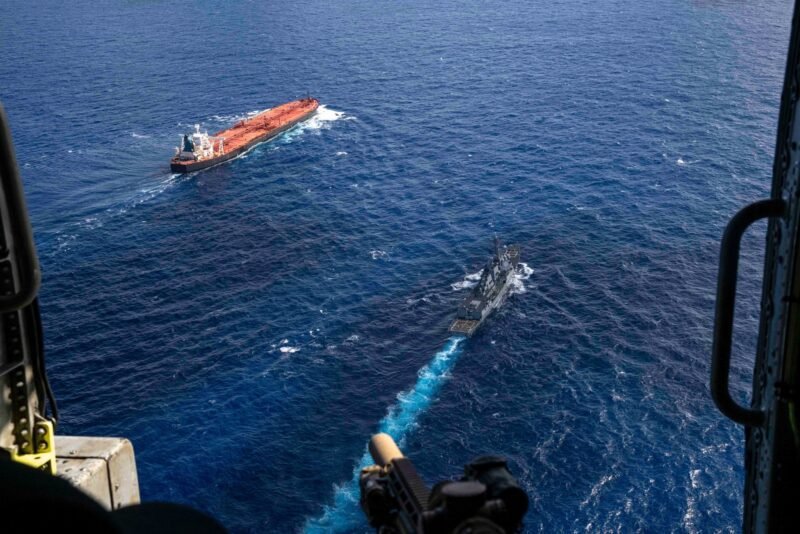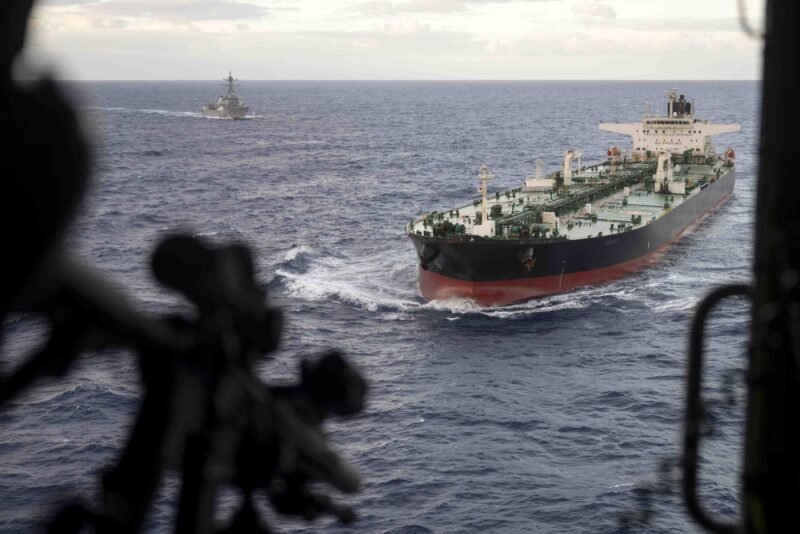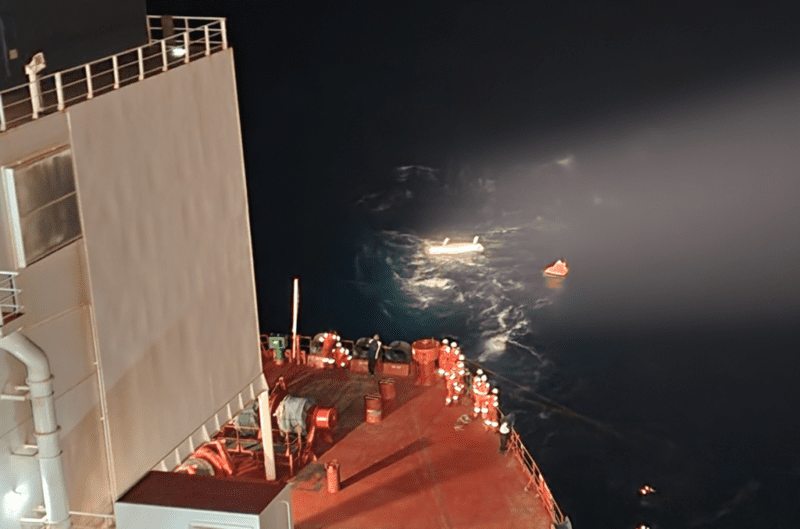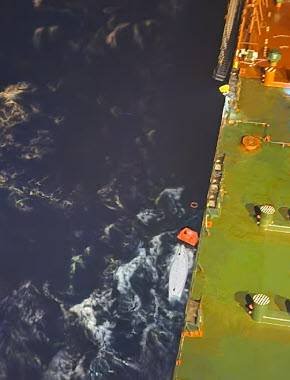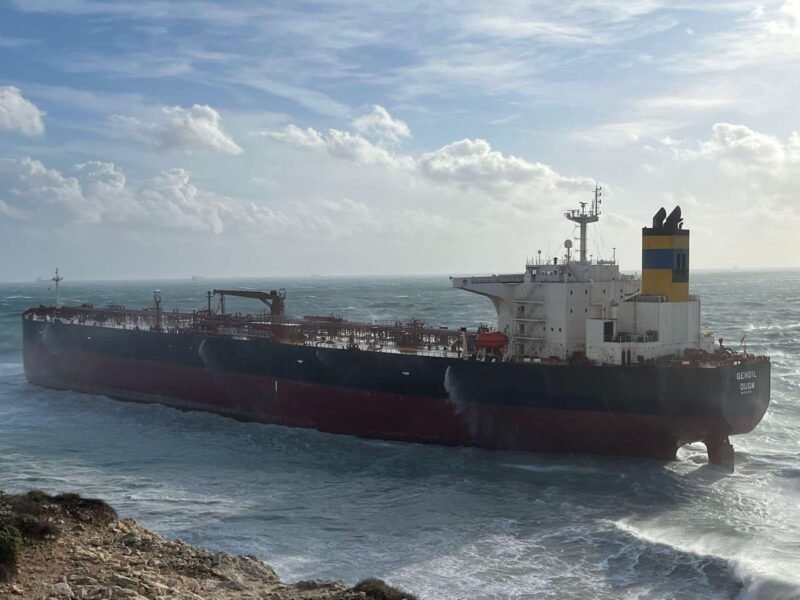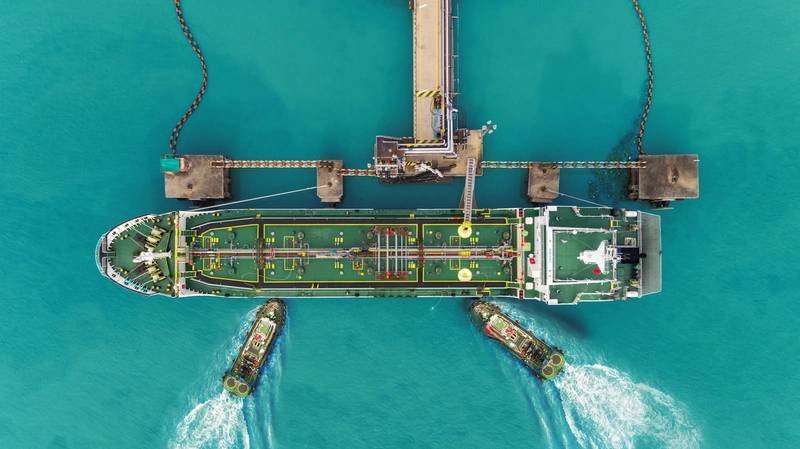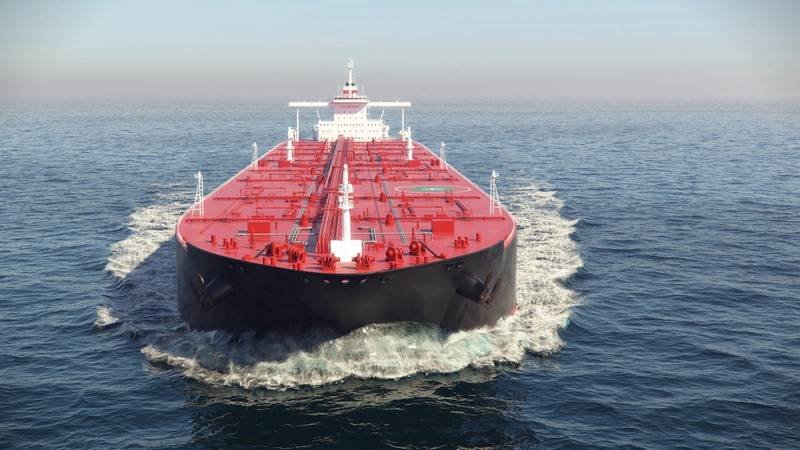Attacks by Yemen’s Houthi rebels in the Red Sea and Gulf of Aden have disrupted global shipping routes, leading to some of the world’s largest oil carriers loading diesel instead of crude oil. Ship tracking data shows that at least one very large crude carrier is en route to Europe carrying diesel, with five more expected to follow suit, potentially transporting around 14 million barrels of fuel. The disruption caused by the attacks has boosted revenues for smaller tankers carrying clean petroleum products, as they travel longer routes around Africa to avoid the affected regions.
The shift to using larger vessels for transporting clean petroleum products can be seen in the increase in shipping demand measures like ton-miles, indicating the strain on the global fleet. As more fuel is transported by larger vessels, there is a sudden influx of supply that can impact diesel prices. Market analysts suggest that utilizing larger vessels for transporting fuel can reduce transportation costs per barrel by taking advantage of economies of scale.
In addition to very large crude carriers, smaller Suezmax tankers are also expected to switch to carrying clean petroleum products in the near future. The situation highlights the impact of the Houthi attacks on global shipping and the adjustments being made by traders and shipowners to navigate the disrupted routes. This shift in shipping patterns is causing changes in the industry, leading to increased volatility, higher rates for clean tankers, and lower profits for larger crude tankers on benchmark trades.


